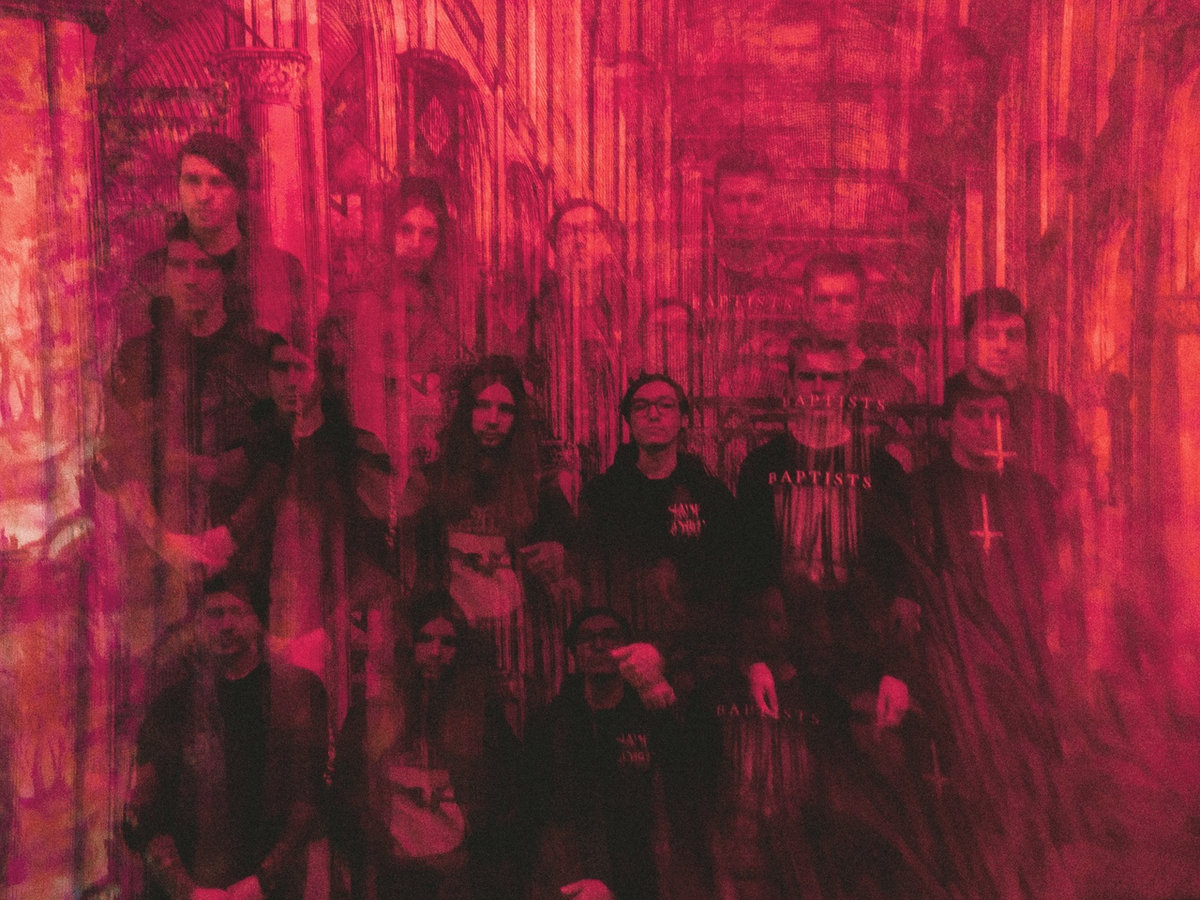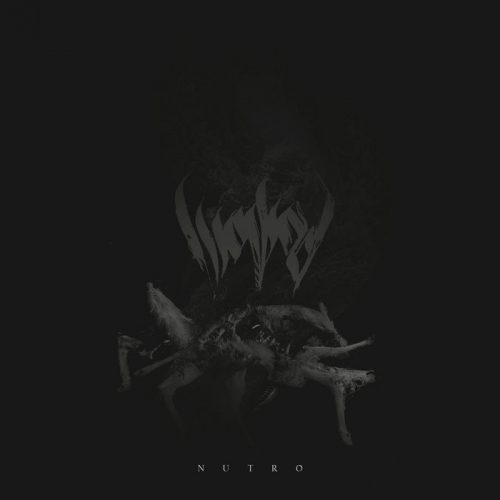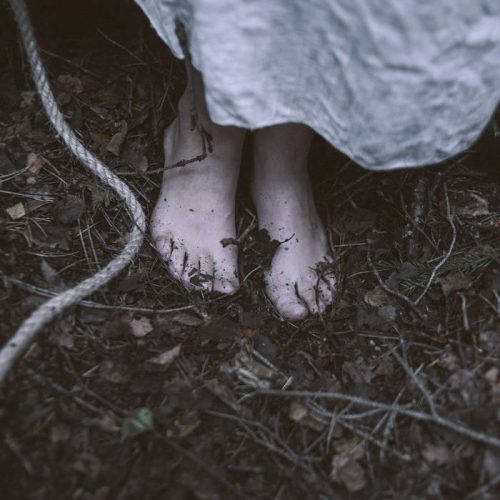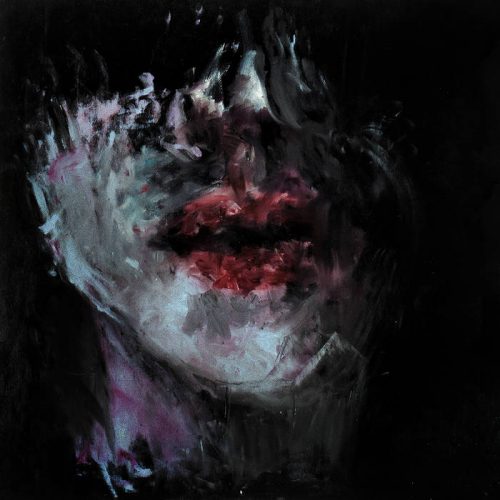
(For the March 2021 edition of THE SYNN REPORT Andy Synn discusses the discography of Russia’s Wowod, whose most recent album came out back in January.)
Recommended for fans of: Rorcal, Isis, Downfall of Gaia
For this month’s edition of The Synn Report (I know, how has another month gone by so fast) we’re heading to Russia… St. Petersburg, to be exact… to touch base with a band I only recently discovered but whom I’ve been dying to write about ever since.
Over the course of three albums (the most recent of which was released back in January) Wowod have developed an impressively visceral and exceptionally weighty sound which could best be described as a simultaneously abrasive yet atmospheric amalgam of Post-Metal, Post-Black Metal, and Crust, built around a core of humongous, heaving riffs, harsh, howling vocals, and dark, desperate melodies and accented with erratic eruptions of seething tremolo, scathing blastbeats, and the occasional diversion into ominous, brooding ambience.
It’s a sound that’s capable of both brutal intensity and intense beauty, as heavy as it is hypnotic, by turns stunningly dense and surprisingly delicate, and one I’m sure a lot of our readers are going to love.

NUTRO – 2018
Wowod’s first album offers up six viscerally aggressive offerings whose overall quality and clarity of vision is even more impressive considering it marks the band’s collective recording debut (though it won’t surprise you to learn that the group’s various members have all played in a variety of different projects prior to this one).
Beginning with the apocalyptic opening strains of “V Nas Net Lvbvi” – whose creeping, crawling opening bars slowly, but surely, build towards an unstoppable explosion of bone-rattling blastbeats and anxiety-inducing distortion, interspersed with passages of punky, Punk-Metal riffing and topped off with a guttural howl of rage and resentment – Nutro quickly establishes itself as a “give no fucks, take no prisoners” kind of album, whose unerringly bleak and baleful lyrics are well worth translating if you’re interested in getting the full measure of the band at this point in their lives.
It’s not, however, entirely bereft of all subtlety (you might notice, for example, that the frantic finale of “V Nas Net Lvbvi” actually subtly mirrors its more restrained beginning), and even when it’s going full-throttle, straight-for-the-throat you can tell there’s a steely-eyed method to the band’s manic intensity, such as the way that the galloping drums and riveting riffs which open “Cerbervs” eventually give way to something even heavier and even more intense (the middle segment of the song in particular leaning hard into those Plebeian Grandstand/Downfall of Gaia comparisons) before climaxing in the sort of monolithically massive riff pattern that recalls the very best of Isis and/or early Cult of Luna.
The first minute or so of “Chvzhoe Nutro” finds the band playing hard, and riffing even harder, with the pedal pressed firmly to the (Crust) Metal, before things take an unexpected – but not unwelcome – turn towards more atmospheric territory, rich in both moody momentum and mournful melodic ambience, after which “Sozdatel” plays even more strongly on the “Black Metal” part of the band’s hybridised “Post-Black Metal” sound (think Bosse-de-Nage, et al), marrying thrumming tremolo riffs and discord-laced melody to a backbone of almost sludge-like swagger and an overarching aura of impending doom.
Penultimate track “Slepaya Vera” melds rhythmic riffs and rapid-fire drums, ringing bass lines and writhing tremolo patterns, with moments of doomy Post-Metal might and scorching blackened blight, to produce one of the record’s most unconventional and artfully arranged tracks, after which succinctly-named closer “Death” delivers a final five minute (or thereabouts) blast of Post-Metal mass, Black Metal belligerence, and Crust-fuelled catharsis whose sheer intensity – even in its slower, stompier sections – should be enough to make even the most jaded of listeners sit up and take notice.

ZEMLYA – 2018
With only four songs, the shortest of which still clocks in at an imposing eight-and-a-half minutes, you’d be forgiven for assuming that the band’s second album errs more towards the traditional Post-Metal model.
But while you’d be right, to an extent – as the added space given to each song really does allow the band to give the different parts and pieces of their puzzle more room to breathe and develop their own sense of dynamic – you might be a little shocked to hear the tumultuous torrent of snare-skin-stripping blastbeats and sandstorm distortion which opens the record, as “Golod” kicks in with the sort of punishing Blackened Post-Sludge sound that sits somewhere between Downfall of Gaia at their most aggressive and Rorcal at their moodiest.
The mid-section of the song also betrays a heavy Isis influence, not just in the choppy, rhythmic riffs and clanging, contorted bass-lines it employs but also in the eerie, slightly unsettling, use of melody that seeps and slithers in through the cracks, all of which builds, with ominous inevitability, towards another fantastically furious climax.
These comparisons to Isis (particularly the band’s post-Panopticon period) continue to ring true through out the cinematic slow-burn of “Mor” and the hypnotic “Holod”, the former of which is built on a foundation of dense, driving bass-lines and steady, sombre percussive patterns, all woven through with threads of bleak melody which owe just as much to Alcest as they do Cult of Luna, while the latter is, for much of its run-time, even more ambient and atmospheric, marrying the dreamlike vibe of Lantlos to the paralysing Post-Metal power of Amenra.
The album concludes with the colossal “Iskhod”, whose brooding, bombastic sound clearly draws as much influence and inspiration from the much-missed Altar of Plagues (especially their first two albums) as it does the multifaceted melodic/metallic dynamism of latter-day Isis, yet also transcends both these influences to become something entirely singular and totally itself at the same time.
It’s a track (and an album) designed for you to completely lose yourself to, and an absolutely stunning finale to a pretty stunning record.

YAROST’ I PROSHCHENIE – 2021
The band’s latest (and, arguably, greatest) album builds on everything which has come before it – the harrowing, heart-on-sleeve Hardcore intensity, the crushing Post-Metal presence and weight, the searing blackened belligerence and visceral, venom-crusted catharsis – in impressive fashion, managing to be both nastier and gnarlier but also more nuanced and creative in equal measure.
This is instantly apparent on eleven minute opener “Реквием”, whose simmering start is reminiscent of both Amenra (in its lambent, multi-layered use of atmosphere) and The Ocean (in its moody, mesmerising bass and percussion work), with the comparisons to the latter being hammered home even harder by the eventual eruption of massive riffs and growling vocals (as well as some unexpectedly heartfelt and haunting cleans) that strongly reference that band’s collective early era.
“Танец Ярости”, by contrast, is a sub-two-minute burst of blackened fury and Crust-infused Hardcore heaviness which errs closer to the Ancst/Iskra/Implore side of things, and serves as a brutal palette cleanser before the shameless (or perhaps that should be “fearless”) Isis/Ocean/Amenra worship of “Прощение” caresses your eardrums with its multifaceted mix of undulating riffs and shimmering melodies, topped off with a mesmerising, mostly-clean-sung, vocal performance.
“Жажда” is a concentrated concoction of Black Metal, Sludge, and Crust influences that gallops and grooves, blasts and bludgeons, for just under five absolutely ferocious minutes, after which “Чёрная Земля” demonstrates just how ominous and oppressively dark Post-Metal can get when it wants to, as the song is amongst the heaviest the band have ever recorded, despite (or even because of) the fact that its tempo never rises above a grisly, gut-churning crawl.
It also features some of the most savage, throat-scarring vocals which the group have ever put to tape, and this sense of apoplectic aggression and anguish then carries over into “Зов Тысячи Ножей”, which is yet another barbaric blast of cathartic Blackened Crust (albeit one which, this time around, actually does find room for a dose of doomy dynamism) reminiscent of ongoing NCS-faves Rorcal.
Last, but by no means least, “Топь” is a humongous, heavyweight bone-grinder of a track which concludes the record in suitably crushing fashion, all seething distortion and colossal, coiled bass-lines, and practically overflowing with desolate melody and raw emotion.

This was a good discovery, thanks. I’d love to know what they are singing about. These heavy, gloomy melodies and those brutal vocals must be on about something grimly important which the world should know about. Maybe a Russian-translated “Waxing Lyrical”?